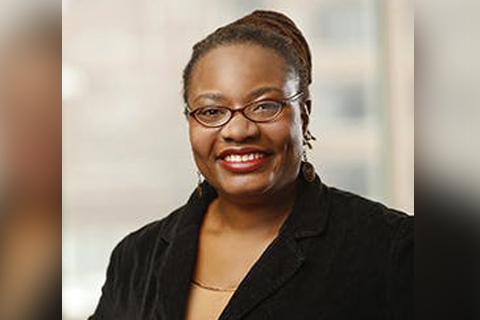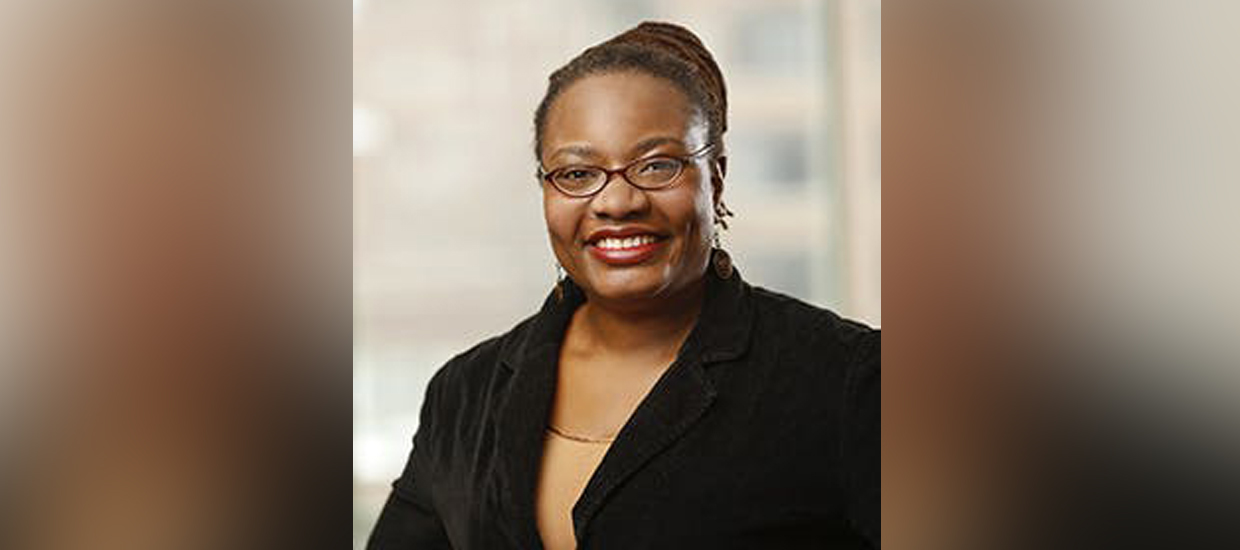Dr. Natalie Leblanc didn’t initially gravitate towards a nursing career. Originally an engineering student, she switched majors and graduated from Trinity College with a BA in cultural anthropology in 1998. LeBlanc joined the Peace Corps and went to Ghana, where she began her hands-on education of health vulnerabilities faced by people living in extreme environments. This steered her toward public health, in which she earned a master’s degree from Emory University.
While working at New York City Department of Health and Mental Hygiene, Leblanc says, “I kept applying for jobs in my field and was called back for a job I didn’t even apply for; at this job, I was formally introduced to health disparities.” Leblanc enrolled in University of Florida’s nursing program, where faculty encouraged her to pursue a PhD in nursing and apply for the McKnight Fellowship.
She then got the call inviting her to interview for the PhD program in nursing science at SONHS. “I have such fond memories of that,” recalls Leblanc, who earned her PhD in 2016. “Miami was then one of a few Hispanic/Latinx serving institutions. The Latinx culture was palpable. The professors spoke about the community with dignity and brought humanity to every story. They stressed the importance of cultural humility as opposed to competence—and that was profound. It is sometimes difficult as a student to find a place where your ideas and research questions are nurtured the way mine were when I was getting my PhD. I thought, ‘Wow, this is where I belong’.”
Today, Leblanc is Assistant Professor and Harriet J. Kitzman Endowed Fellow in Health Disparities at University of Rochester, and affiliate faculty at Yale University’s Center for Interdisciplinary Research on AIDS. Her scientific track focuses on health providers and their role in sexual health promotion and HIV prevention, as well as the role of racism and anti-Black stigma on sexual health inequities. She just completed two pilot studies and is co-Investigator on two National Institutes of Health grants in her research area.
Her advice to those coming after her: “Be proud of where you came from, your culture, and what you bring to this world. Be grateful for every experience.”
In what seems like a full-circle moment, Leblanc is now mentoring recent SONHS graduate Sadandaula Rose Muheriwa, PhD ’21, in a postdoctoral research associate at the University of Rochester School of Nursing. “I am delighted to mentor a fellow SONHS alum, and Rose is great,” Leblanc says. “My goal is to get her to understand I am her biggest cheerleader, and want her to succeed.” Muheriwa and Leblanc will examine factors contributing to the HIV health disparities faced by susceptible populations, particularly Black women.
Leblanc encourages nursing students to ask themselves: “‘What am I trying to do to move society forward?’ Maybe your mentors don’t understand why you’d want to pursue that research topic but keep questioning. When I was younger, I was hesitant to apply to nursing school and pursue other opportunities because my experiences weren’t straight roads. It seemed like I was always on a winding road. But as I moved forward, I realized that everything I did was connected, and every experience was a different form of learning.”





